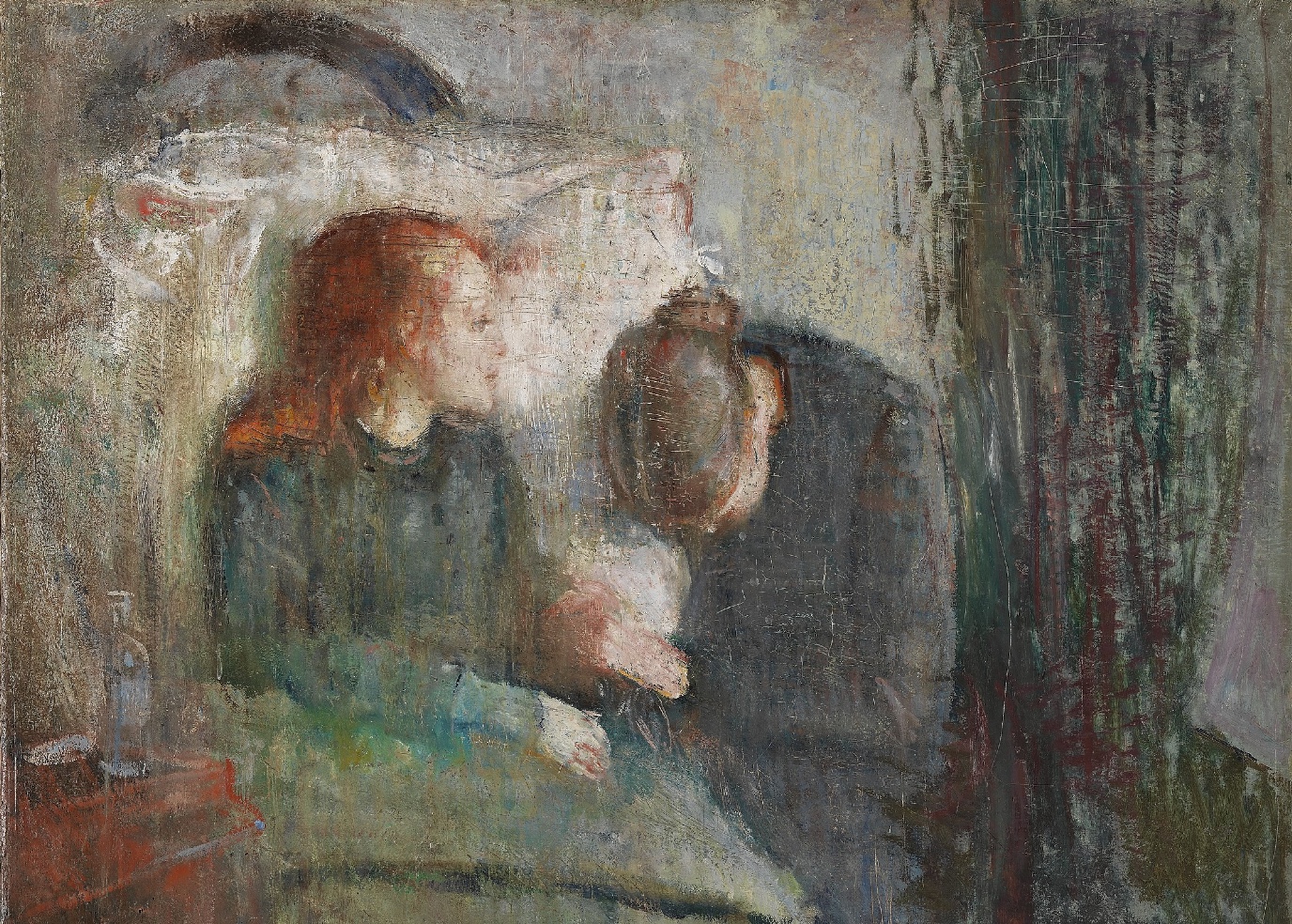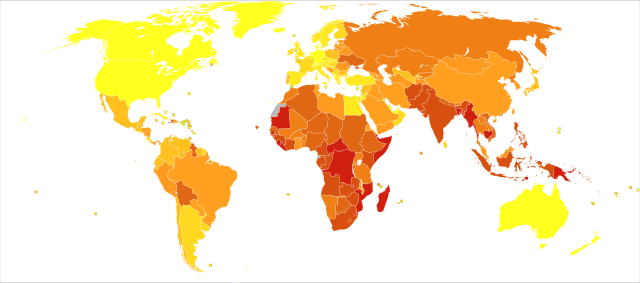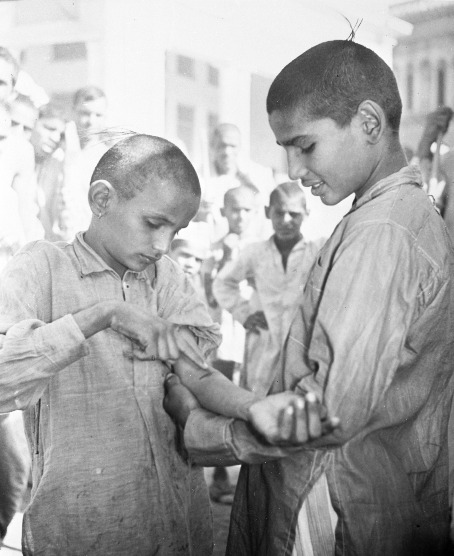Tuberculosis is back as the deadliest infectious disease

The World Health Organization has reported that tuberculosis (TB) is back at the number one spot as the deadliest infectious disease in 2023: 1.25 million people worldwide died of TB. It replaced COVID-19, which topped the rankings in recent years.
FSE Science Newsroom | Text René Fransen, image editor Leoni von Ristok
Several scientists at the Faculty of Science and Engineering have done research on TB. Professor of Organic Chemistry Adri Minnaard has been researching TB for fifteen years, contributing in various ways to the search for a more effective vaccine and more robust diagnostics. He builds pieces of the tuberculosis bacteria, which are freely available to anyone who wants to work on developing a vaccine or a better diagnostic tool.


TB vaccine
Together with several international collaborators, Minnaard has been working on a better way of testing for TB. Read more about this in the article Fifteen years of building molecules to fight tuberculosis: towards accessible testing for low-income countries.
In collaboration with Prof. Branch Moody (Harvard University) and Dr Ildiko van Rhijn (Utrecht University), Minnaard has also worked on a TB vaccine, for which they received the €1.6 million Ammodo Science Award for groundbreaking research.
In 2023, Minnaard and his colleagues created a ‘lipidomic map’ of the tuberculosis bacterium, offering insights into immunology. This information can be used for the development of vaccines or anti-microbial treatments for tuberculosis.
In the lab of UG Nobel Prize winner Ben Feringa, Jeffrey Buter used a ‘Lego brick’ approach to build light-activated molecules that could attack the TB bacterium. His work is featured in an episode of the Noorderlab podcast that is produced by Science LinX, the science centre of the Faculty of Science and Engineering at the University of Groningen.
More news
-
29 January 2026
Microplastic research - media hype or real danger?
-
27 January 2026
ERC Proof of Concept grant for Maria Loi
